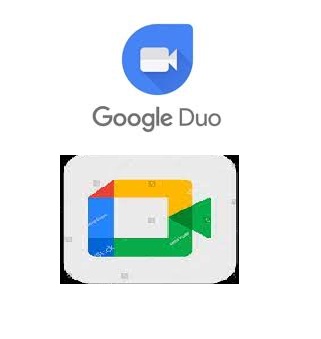Google integrates Meet and Duo into one app
Google has announced the integration of Duo and Meet applications into one platform, so that soon there will be only Google Meet, and the search giant hopes that it will be the only application that users need in almost everything in their lives.
By combining them, Google hopes it can solve some of the problems that hamper modern communication tools. It was important to understand how people choose what tool they use, for what purpose and in what circumstances, says Javier Soltero, President of Google Workspace.
There are dozens of different chat apps, each with its own rules and contact list, some for business and some for personal.
The company hopes it can use Gmail addresses and phone numbers to put it all together. "It's important to be able to access that way, rather than having to manage all these different identities and deal with the implications," Soltero says.
Soltero has been advocating this idea of accessibility for most of his time at Google. This has led the company to integrate Meet and Chat into many of its other services.
Over the past two years, Meet has become a powerful platform for group meetings and conversations. While Duo has remained in place as a messaging app. Google promises to bring all Duo features to Meet from now on.
Duo, which Google launched in 2016 as an easy way to make one-on-one video calls, does a number of useful things that Meet doesn't.
With Duo, you can call someone directly — including their phone number — rather than relying on sending links or hitting the Meet button on a Google Calendar invite.
As the two services become one, the company relies on the Duo mobile app as the default. And the app is soon getting an update that brings Meet features to it.
Later this year, Duo will be renamed Google Meet. The current Meet app is called Meet Original, and it will be discontinued later.
Duo retains all existing video calling features even under the new name. New features include customizable virtual wallpapers in calls and meetings, meeting scheduling, in-meeting chat, live content sharing, real-time annotations, video calls with up to 100 participants, improved audio and video experiences with noise cancellation, and integration with other Google tools. Like Gmail, Calendar, Assistant, and Messages.
"Duo has had a lot of development, especially in emerging markets, where network connectivity is little or not very stable," says Dave Citron, Google's video product manager.
But it's different across the web, as Meet is the most advanced web platform. It forms the basis of the new embedded system.
This represents another attempt by Google to unify some of its disparate services, making its suite of services more meaningful and cohesive.
And as Meet has grown during the pandemic, it has become the obvious place for the company to focus its audio and video efforts. The company also hopes that the Meet brand will mean more than just meeting.
It is reported that the company has integrated the Meet application into many of its services so that it can become a competitor to the WhatsApp and FaceTime applications.


Comments
Post a Comment